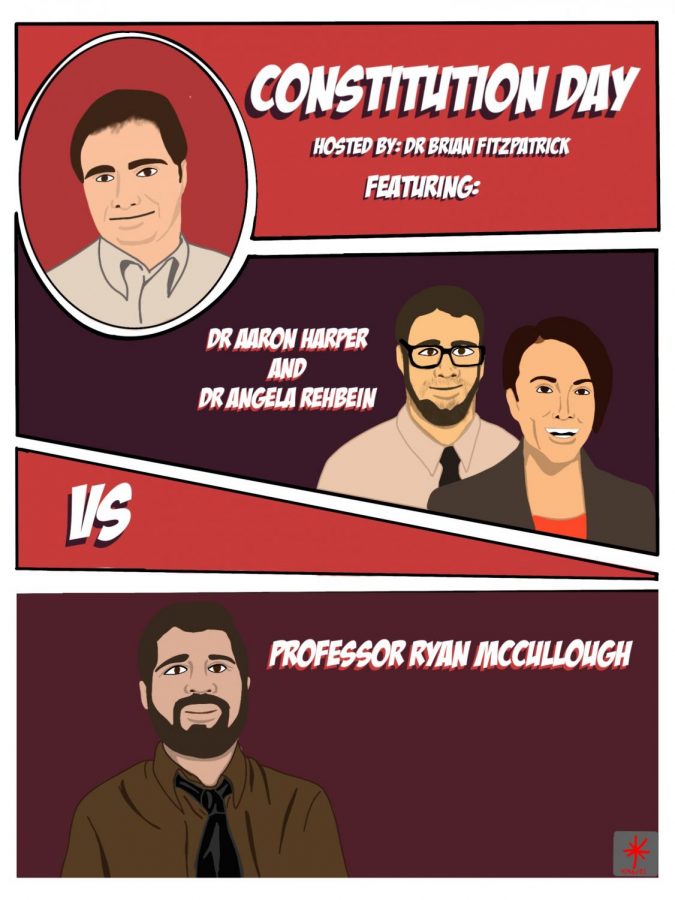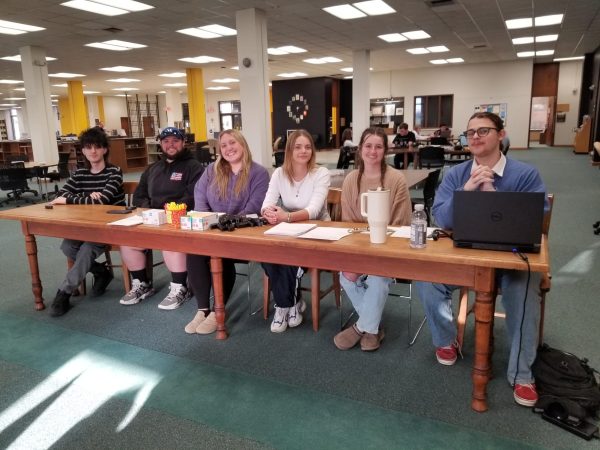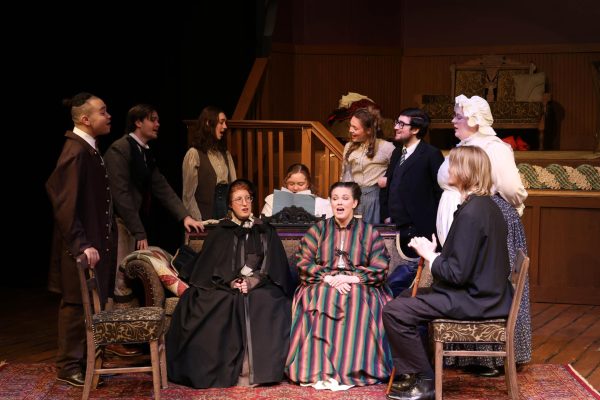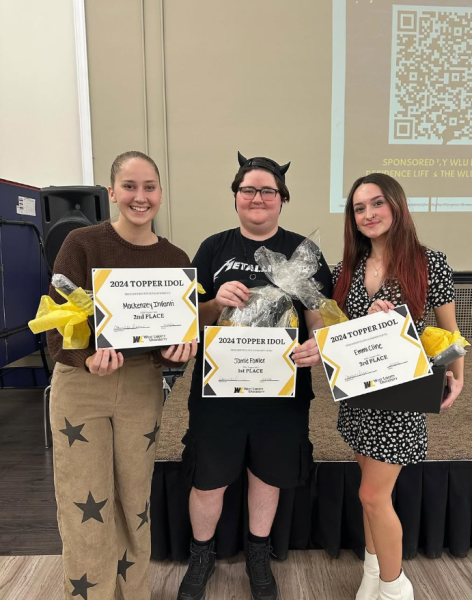West Liberty celebrated Constitution Day with a debate between faculty members
On April 21, West Liberty University celebrated Constitution Day. Political Science Professor, Dr. Brian Fitzpatrick, moderated a debate between faculty members about a proposed resolution to the restriction of free speech on college campuses. Dr. Aaron Harper and Dr. Angela Rehbein argued in support of the resolution while Professor Ryan McCullough took the opposing stance. The debate was open to all WLU community members and was accessible via Zoom.
The debate was lively with lots of back-and-forth between the participants and no clear frontrunner at any point throughout. Each side was given three minutes to give an opening statement which was then followed by ten minutes of open argument and then audience questioning. The audience was asked prior to the debate to indicate to Fitzpatrick what side they initially fell to and were asked the same question at the end. The initial response suggested that most were on the side of allowing unrestricted free speech on university campuses.
Harper made the opening statement in favor of the resolution that “any person or group should be allowed to speak on a university campus” arguing that it is the best way to have meaningful discussion, in a safe place, and uphold democratic values.
This argument was largely founded in the work of the philosopher Hannah Arendt who advocated for free speech arguing that it was necessary in order to call out the views that conflicted with human rights – a view which developed out of her own family’s suffering at the hands of the Nazi regime in the 1930s. Harper acknowledged that “of course some views might be unpleasant, unpalatable, or deeply disrespectful,” but held that limiting free speech on a university campus would only add to the divisions which already exist in our current society.
McCullough responded in opposition to the resolution arguing that university campuses are places where free speech should be somewhat restricted in order to allow the institution to be able to carry out its primary function as an educational facility to the highest possible level. “Forms of speech can interfere with knowledge advancement, scholarship, and knowledge attainment in learning,” said McCullough. He linked allowing free speech to the university legitimizing whatever is being said which would have the potential to disrupt the university’s academic goals.
The ten minute long open discussion was kicked off by Rehbein who countered McCullough’s insinuation that the university allowing free speech was the same as the institution legitimizing that speech. She argued that the location or context of the speech was more important than McCullough suggested and noted that there is a significant difference between something being taught in a classroom in comparison to someone speaking on an open platform.
McCullough’s response in the open debate made several good points including the potential opening up of opportunity for hate speech and the reinforcement that allowing all speech could hinder the educational goals of the university.
A series of questions from the Zoom audience and Fitzpatrick continued to foster development on both sides of the argument but the fundamental elements remained the same for each party. Few audience members changed their initial stance leading Fitzpatrick to conclude the debate as a tie.
If you are interested in learning more about constitution day or are interested in political science debates contact Fitzpatrick by email at [email protected].
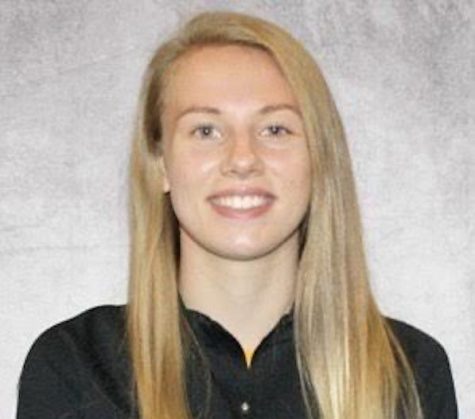
Anna Johnston is a WLU senior from Linlithgow, Scotland. This is Johnston’s fourth year as part of the Trumpet team, having taken on a variety of roles...


